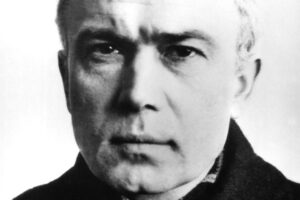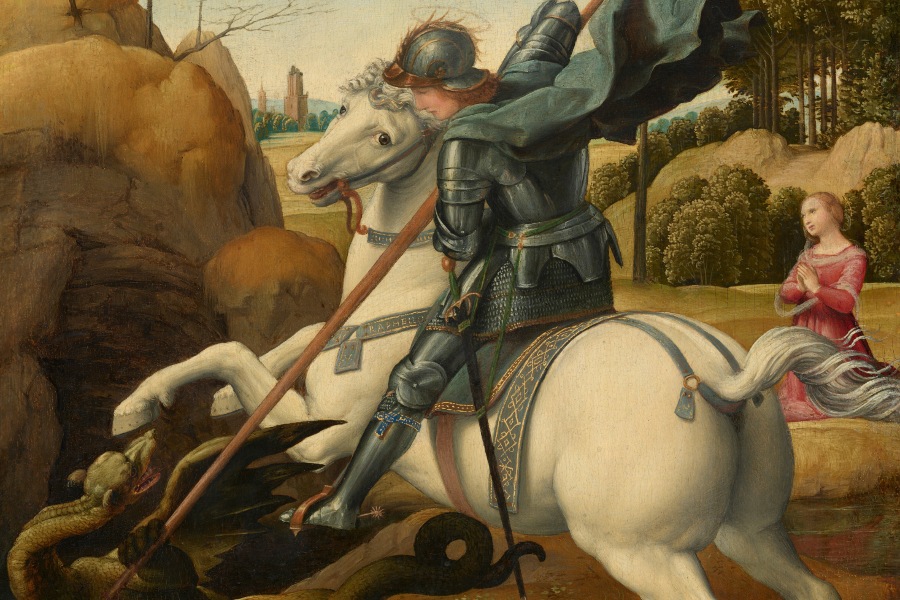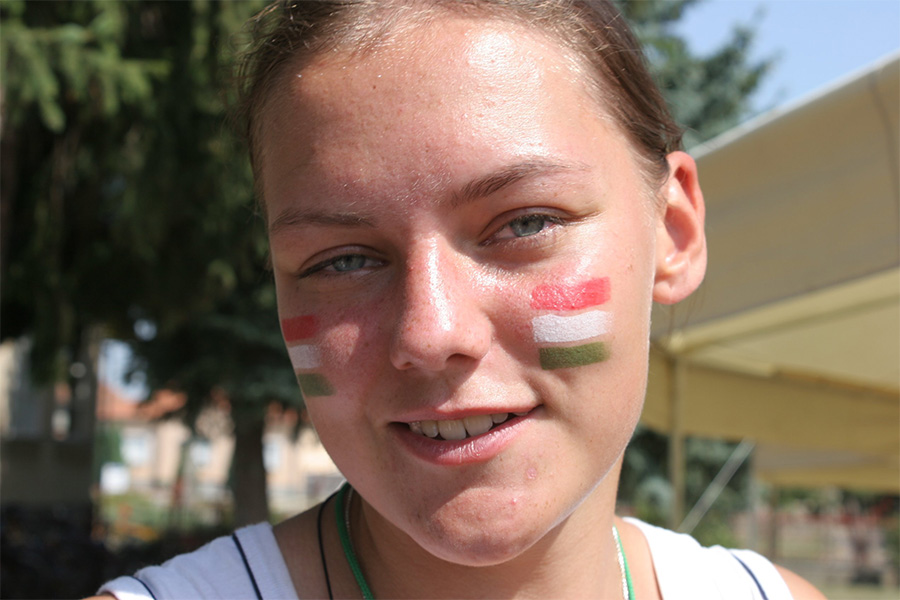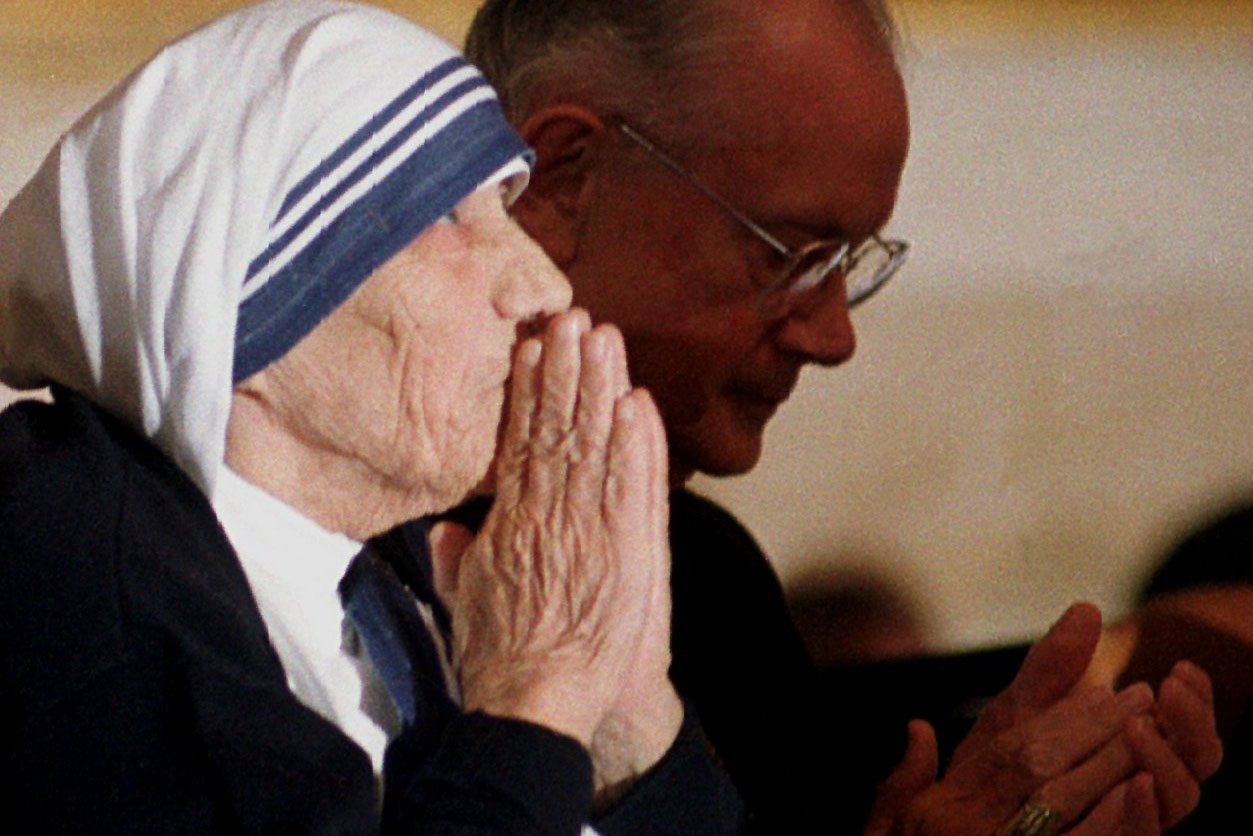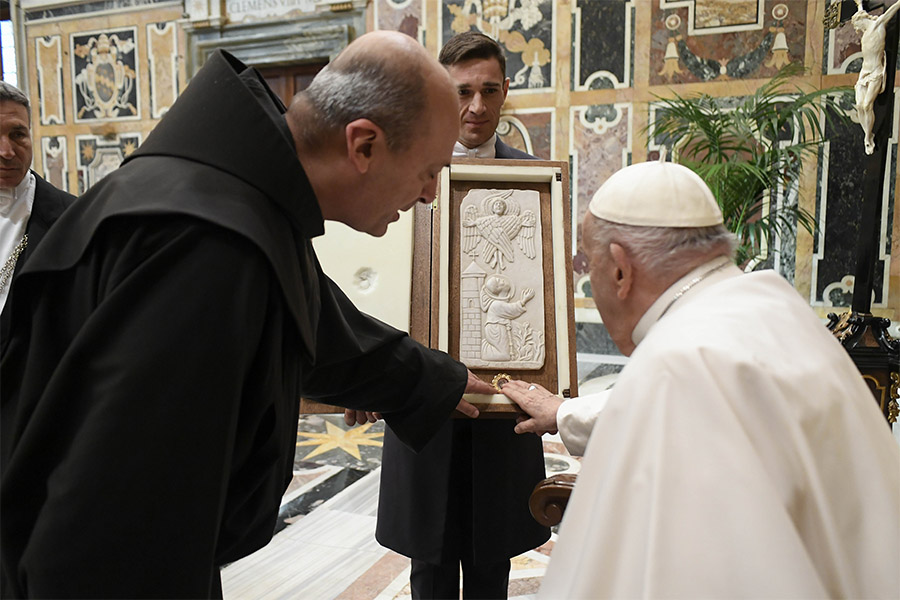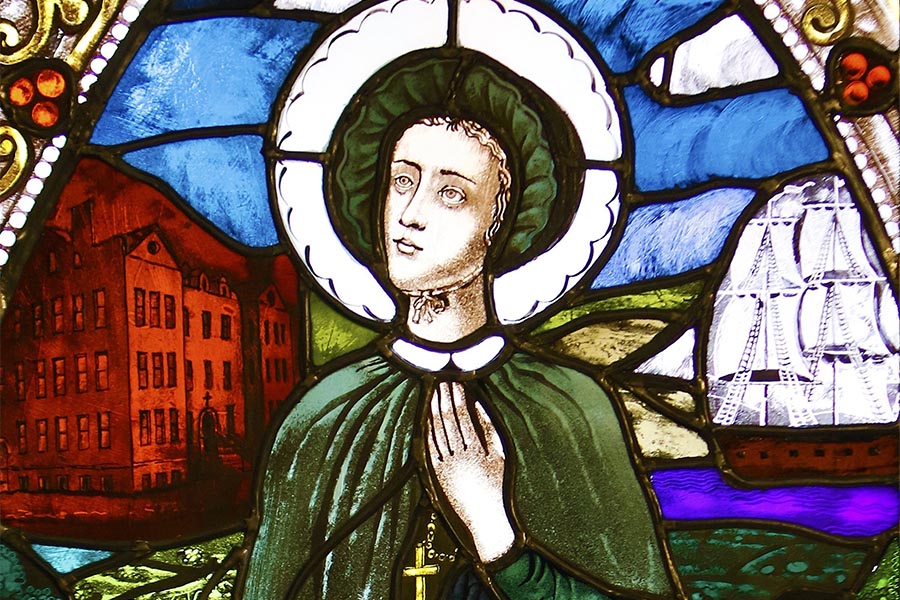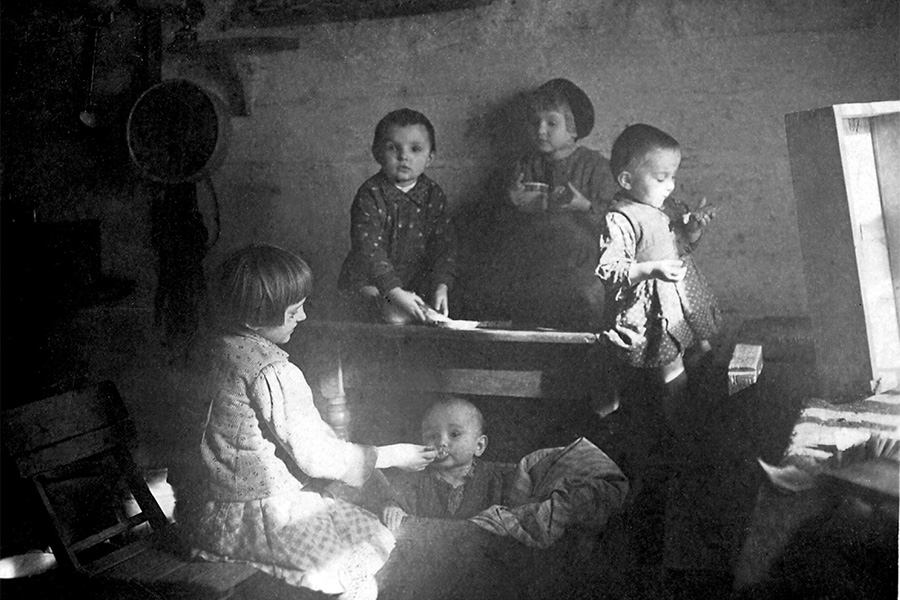In his writings, St. Maximilian Kolbe recounts an incident from his childhood. He was 12 years old and had recently been scolded by his mother for some bit of mischief he had gotten into. Later, he was prompted to reflect upon his actions and turned to the Blessed Mother in prayer. He writes: “That night I asked the Mother of God what was to become of me. Then she came to me holding two crowns, one white, the other red. She asked me if I was willing to accept either of these crowns. The white one meant that I should persevere in purity and the red that I should become a martyr. I said that I would accept them both.”
This vision not only foreshadowed St. Maximilian’s martyrdom at the hands of the Nazis, but it also revealed his character. It was in this moment of humbling himself before God that Maximilian realized the courage to rise to the occasion of whatever life would bring — and learned that the virtue of humility leads to authentic courage. Humility led Maximilian to answer the call to the priesthood and a life devoted to heroic service to God and others, and humility led to courageous acts throughout his life.
While studying in Rome to become a priest, Maximilian witnessed angry and hateful demonstrations by the Freemasons against the pope, which prompted him to start the Knights of the Immaculata, an organization dedicated to the conversion of sinners through prayer for Mary’s intercession. What a productive response that was! Rather than cowering before the Church’s enemies or being consumed by hatred for them, Maximilian responded by martialing Catholics to storm heaven and the Blessed Mother with prayers for their conversion.
As a young priest, Maximilian served for several years in Asia, founding two monasteries, one of which remains an important church in Japan to this day. He was called back to Poland a few years before the outbreak of World War II and found himself in the crosshairs of the Nazis when he refused to declare his allegiance to Germany. After being arrested and then released, Maximilian continued to help run the Franciscan monastery of Niepokalanów, Poland, where he opened a temporary hospital and published religious works, including anti-Nazi literature. He also helped 2,000 Jews hide at the monastery from the Nazis.
In 1941, the Niepokalanów monastery was shut down and Kolbe was arrested and imprisoned, eventually being transferred to Auschwitz. There, he offered his life in place of another man who had been sentenced to death. In his final days, Kolbe ceaselessly led the other prisoners in prayer. Credited with miracles and intercessions after his death, Maximilian was canonized by Pope John Paul II in 1982. Today, he is venerated as the patron saint of prisoners, families, journalists, the pro-life movemen, and those suffering from drug addiction.
Many people falsely believe that human strength is at the heart of heroism, but Maximilian Kolbe’s life demonstrates that the path to true heroism begins with humility. Only God can inspire us to do what is right in the most difficult circumstances, and it is only through humility that we are able to find the strength of God within ourselves. Let us pray that we continue to learn from St. Maximilian Kolbe’s story and live out the call to humility before God so that we can find the strength to make the sacrifices we are called to make in order to give witness to our faith.
For free copies of the Christopher News Note DISCERNING GOD’S STILL SMALL VOICE, write: The Christophers, 5 Hanover Square, New York, NY 10004; or e-mail: mail@christophers.org
